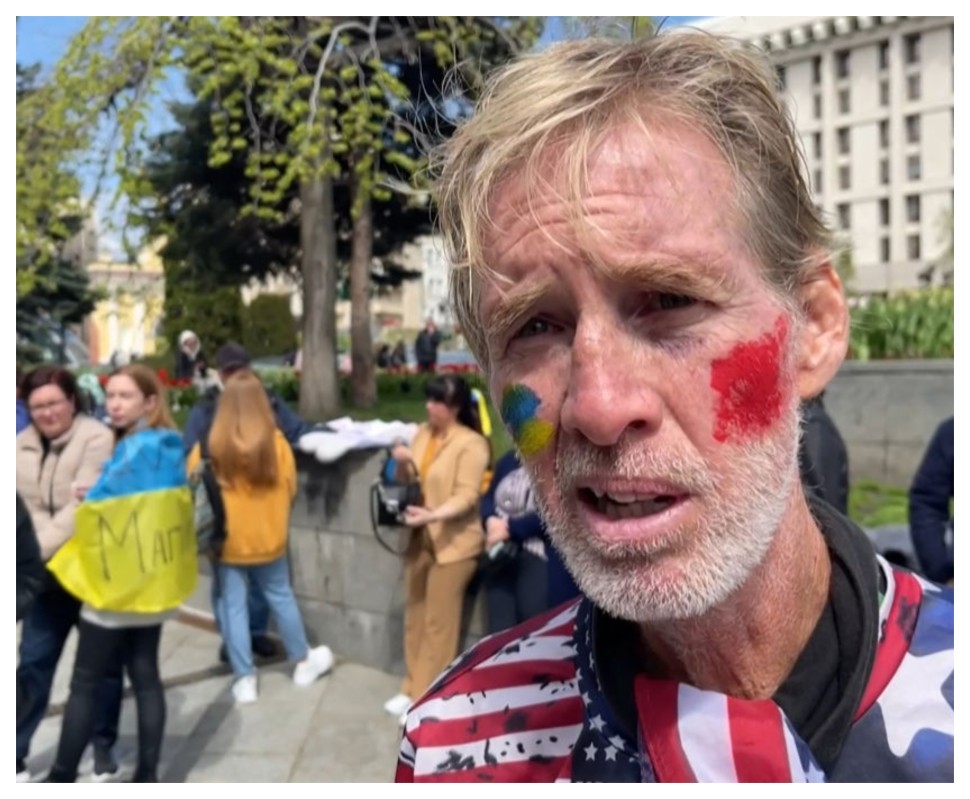
A former FBI leader said there's only a trio of possible explanations the man suspected of carrying out an assassination attempt against Donald Trump could have known the former president would be at his West Palm Beach, Florida, golf course Sunday.
"There are only three possible answers," former FBI assistant director Chris Swecker told Newsweek. "He guessed and got very lucky; he conducted surveillance on Trump and followed him to the golf course or he had inside information about Trump's schedule."
Ryan Wesley Routh, 58, was charged in federal court Monday with possession of a firearm by a convicted felon and possession of a firearm with an obliterated serial number, according to CBS News.
It's unclear if he entered a plea to the charges.
Routh was allegedly within 500 yards of Trump at Trump International Golf Course, armed with an AK-47-style rifle when the Secret Service shot at him, the outlet reported, citing Palm Beach County Sheriff Ric Bradshaw. It's unclear if Routh fired off any rounds.
He fled, but was subsequently arrested about 50 miles away, allegedly with a rifle and scope in his vehicle.
"I would like to thank everyone for your concern and well wishes - It was certainly an interesting day!" Trump wrote on X, shortly after. "Most importantly, I want to thank the U.S. Secret Service, Sheriff Ric Bradshaw and his Office of brave and dedicated Patriots, and, all of Law Enforcement, for the incredible job done today at Trump International in keeping me, as the 45th President of the United States, and the Republican Nominee in the upcoming Presidential Election, SAFE. THE JOB DONE WAS ABSOLUTELY OUTSTANDING. I AM VERY PROUD TO BE AN AMERICAN!"
Sunday's incident marks the second assassination attempt against Trump in just as many months. In July, Trump was grazed in the ear by a bullet during a campaign rally in Butler, Pennsylvania.
Public records reveal that Routh, originally from North Carolina, has a history of criminal charges dating back to 2002, per the Washington Post. In two separate incidents that year, Routh faced charges related to the possession of a weapon of mass destruction.
In the first case, he pleaded guilty in April 2002, although further details were not publicly available. Later that December, Routh was involved in a standoff with police after being pulled over during a traffic stop in Greensboro. Armed with a machine gun, he barricaded himself inside a United Roofing building for three hours before being arrested without incident.
He later pleaded guilty to several charges, including driving without a license, resisting a public officer, and carrying a concealed firearm. The weapon of mass destruction charge was ultimately dropped, according to court records.




